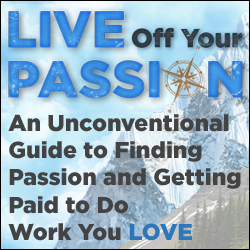On Sundays I write on Spirituality, Faith and Ethics. I do it because I believe we’re all spiritual beings and have some sort of a moral compass in our lives. You can learn more by clicking here.
How did you start your day today?
This morning, after my alarm sounded, I took a few moments to express gratitude to God for another day of life. It’s a habit I learned several years ago. I put it into practice every day.
Each morning, I also express thanks for the people in my life who mean the most to me – my family and friends – and also for the people who have impacted my life over the last few days.
I also take time to say thanks for other blessings in my life:Â a good income, a comfortable home, a car to drive, clothes to wear, and food to eat.
I used to not be so thrilled to wake up and start my day. But thanks to a book entitled Receiving the Day: Christian Practices for Opening the Gift of Time by Dorothy C. Bass, I’ve learned to start each day by receiving it as a gift, being grateful for what I have, and deciding to make the most of the day for myself and others.
This practice of gratitude, called “receiving the day,” is an ancient Christian tradition, but anyone can practice it. Whether you express thanks to God or to no one in particular, I believe the act of giving thanks does something to us and for us.
For me, it helps keep me positive, helps me realize the important contributions that others make in our lives, and inspires me to do all I can to help and bless others.
If you have a hard time waking up in the morning, or if you find yourself waking up on the “wrong” side of bed with an unhappy attitude, you might give “receiving the day” a try. It’s made a difference in your life. Maybe it will in yours too.
You might also like:
Giving Thanks

Connect With Us